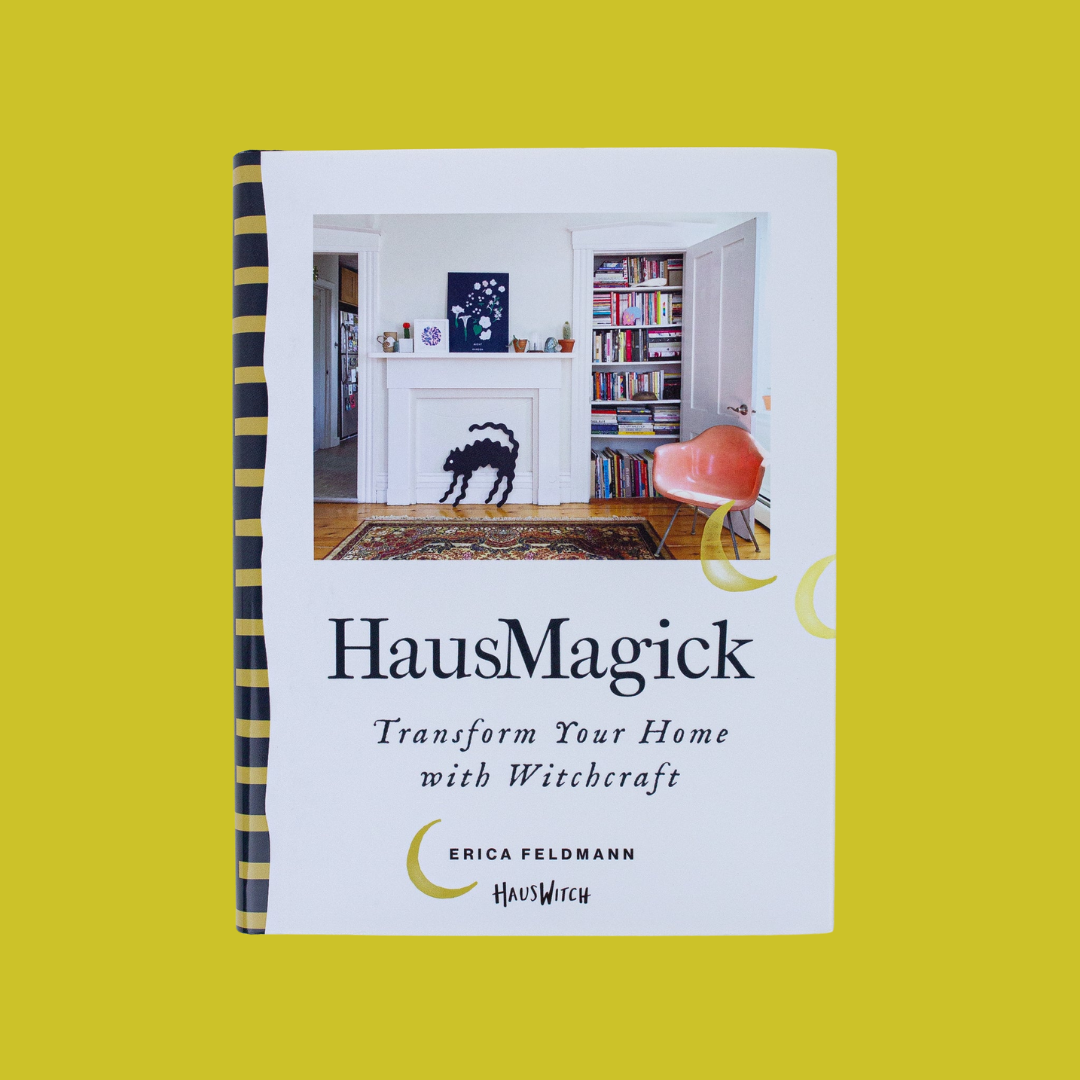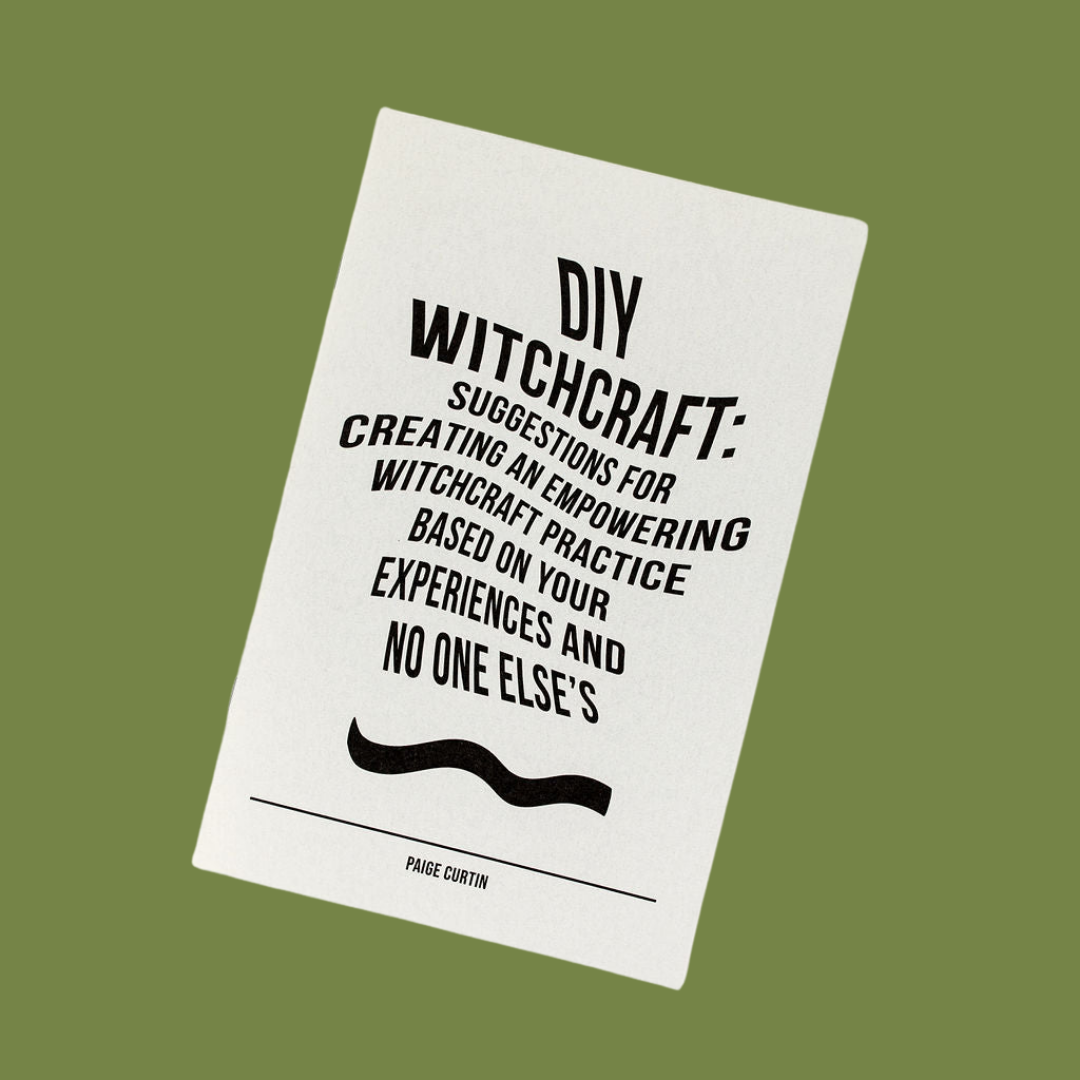I am an Ashkenazi Jew. It is my culture and my heritage.
In the aftermath of the attack on Capitol Hill, I’ve been reflecting on that heritage and finding ways to embrace my Judaism in this tumultuous time.
I have always been drawn to my Judaism. In fourth grade, I told my parents I wanted to be Bat Mitzvahed, a choice they supported but didn’t require (my younger sister stopped going to Sunday school long before I did). For three years I went to temple after school to learn about my Jewish history and mumble inarticulately in Hebrew.
I love my Jewish heritage, but I also take issue with traditional Jewish doctrine. As a feminist, I struggle with the patriarchal language and customs. As a secular individual, I feel discomfort invoking God. And so, from a young age, I’ve been adapting my Jewish practices.
As a kid, on the seventh night of Hanukkah, my sister and I would declare the importance of sisterhood rather than brotherhood, “which is founded upon liberty and freedom for all mankind”. At Passover, we wrote the names of Sarah, Rebecca, Leah, and Rachel into our Haggadahs alongside Abraham, Isaac, and Jacob.
Throughout my twenties, I searched for ways to express my Judaism in more personally authentic ways. I gravitated towards friendships with other Jewish women who were keen to reimagine holidays. In 2019, I co-hosted a Passover Seder where we included an orange and a cup for Miriam, symbolic additions meant to transform the seder into a more inclusive experience. I started buying my Hanukkah candles from a queer, disabled candle-maker whose business supports Palestinian self-determination. On Rosh Hashanah, I picked apples with friends in a nearby orchard, to bring in a sweet new year with local produce.
My Jewish practices have taken on a distinctly witchy flavor, and as a Jewish witch, I am in good company. Just as many women are reclaiming the identity of the witch as a form of female empowerment, Jewish women specifically are learning more about the connected history of witches and Jews. The pointed witch’s hat, now iconic, may have been inspired by the Judenhat, a pointed hat that Jews (often associated with Satan) were required to wear in Europe. Many witches are also portrayed with large noses, likely influenced by antisemitic stereotypes, and stories of witches commonly reflect the notion of blood libel, the superstitious belief that Jews sacrificed Christian children for their blood. Unfortunately, it was not just misogyny but also antisemitism that shaped European ideas of the witch.
One would hope that such antisemitic beliefs would only live in history, but the rise of Trump has also been a rise of antisemitism in America. Trump himself propagates antisemitic stereotypes through bigoted remarks, like the assumption that all Jews should be loyal to Israel and are driven by financial gain. He has refused to condemn neo-Nazis, and even referred to the Charlottesville rioters as “very fine people.” In his statement on Holocaust Remembrance Day, Trump didn’t even mention Jews or antisemitism. It’s not surprising, therefore, that during his presidency we saw a rise in antisemitic incidents. There have been increased reports of harassment, vandalism, assault, and even murder.
On January 6th, I stared at my computer screen as a Trump mob invaded the Capitol. Amongst the chaos, I saw a bearded man wearing a sweatshirt decorated with the phrase “Camp Auschwitz” and a skull. CNN reported that below the skull the sweatshirt stated “‘Work brings freedom,’ which is the rough translation of the phrase ‘Arbeit macht frei’ that was on the concentration camp’s gates.’” According to the CNN reporter, his man was arrested only about an hour away from my own house.
Trump and his administration encouraged hatred, not just of Jews but of women, immigrants, people of color, trans folks, and other marginalized communities. In response to their hateful policies, I have marched, donated, educated myself, spoken with friends, and attempted hexes. In response to this sweatshirt, this blatant disrespect for the murders of over a million people, I chose to embrace my Jewish roots. Last Friday I shared a secular, humanist Shabbat service with my partner for the first time in months. I observed a tech sabbath, turning off my phone and computer at sunset. I know there is more work to do, but as others have wisely pointed out, rest can also be a form of resistance. Audre Lorde famously stated, “Caring for myself is not self-indulgence, it is self-preservation, and that is an act of political warfare.” The past two weeks have been exhausting. The past four years have been exhausting. And so, as part of my resistance efforts, I think I will continue to observe a day of rest. It feels like a way to honor my heritage, and build up the energy for another week of action.





